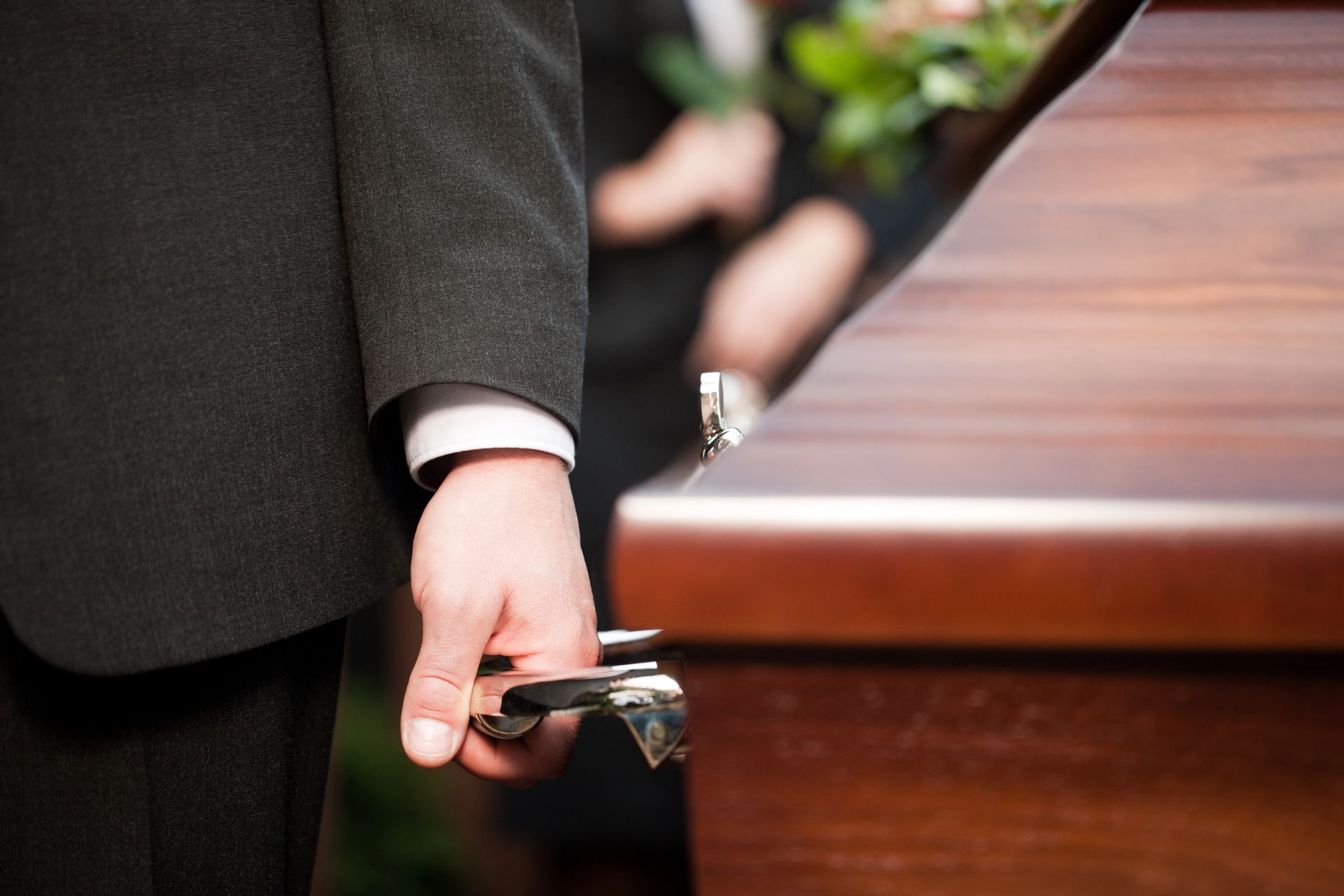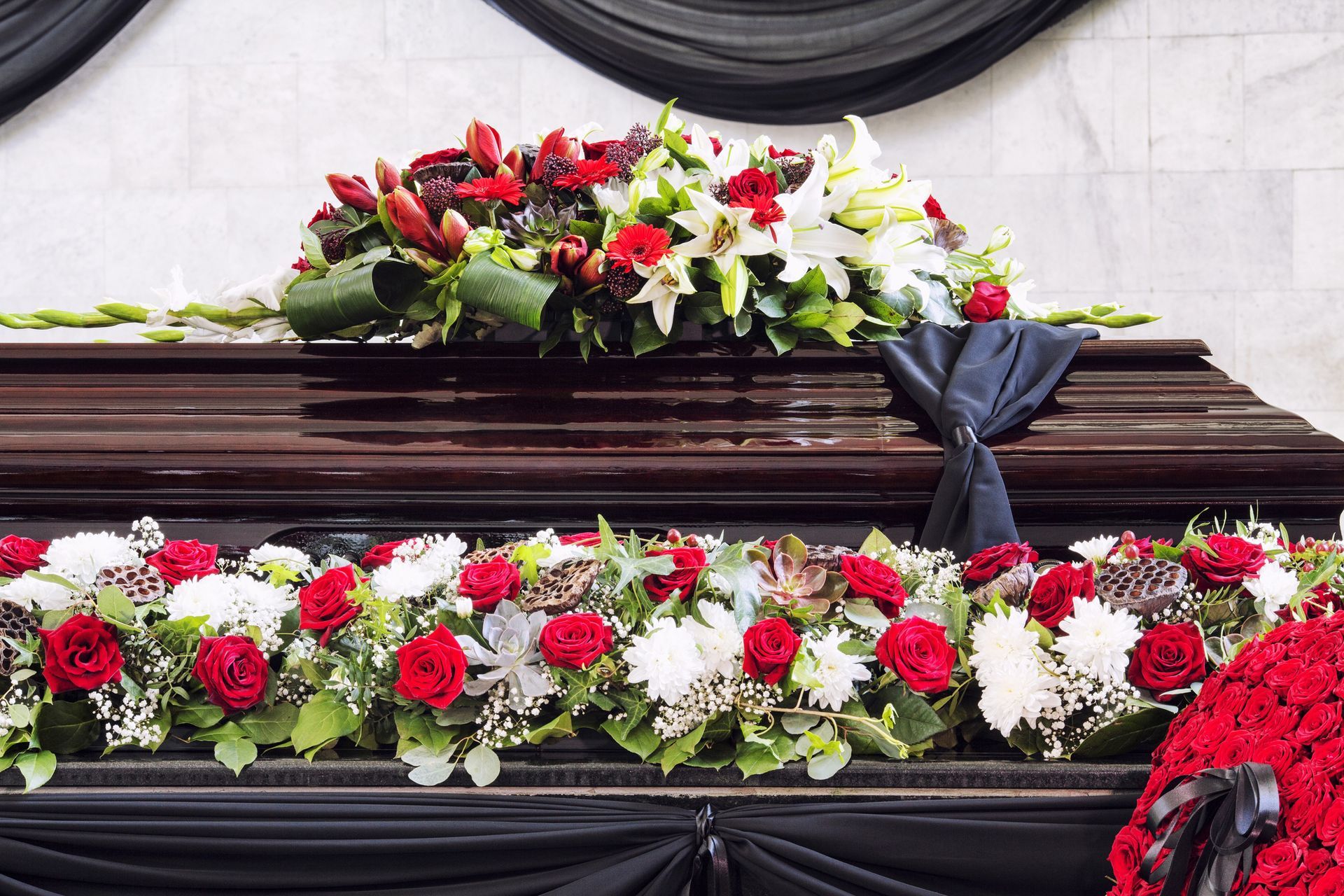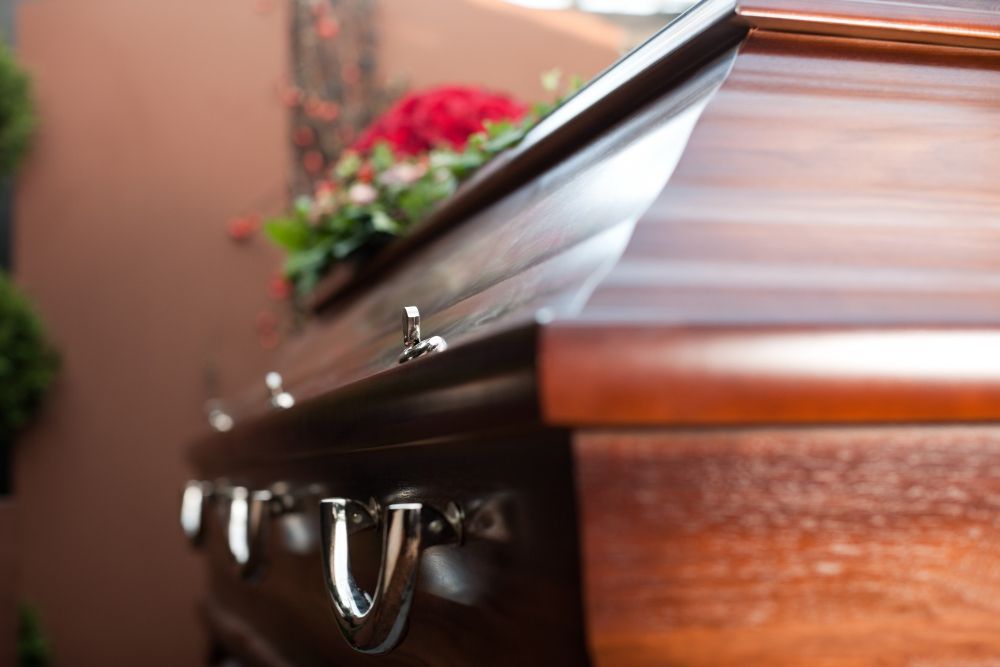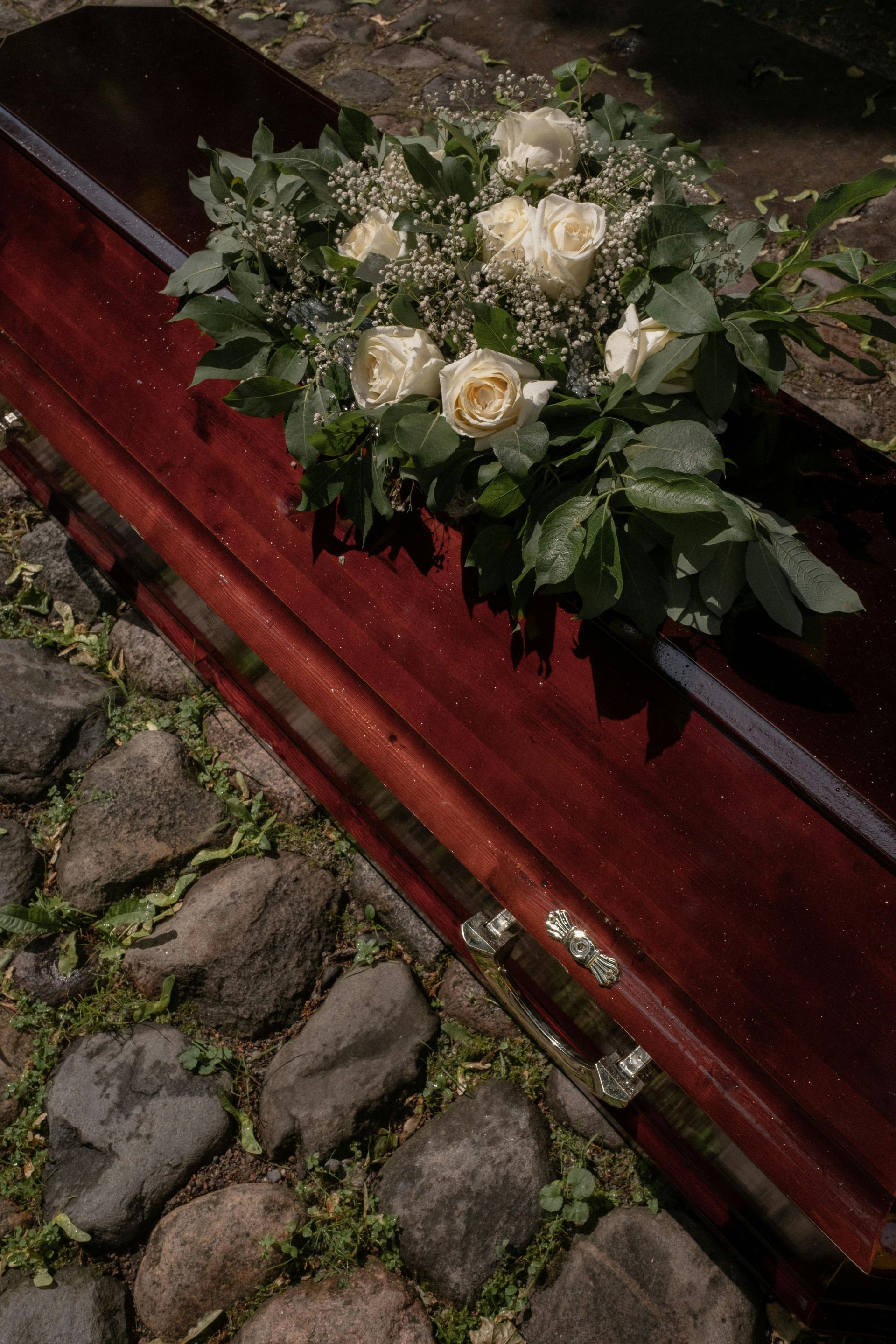
Planning a funeral can be an emotionally challenging experience, and the financial aspect often adds an extra layer of stress. Understanding the various costs associated with a funeral can help you budget effectively and make planning a funeral a little easier during a potentially very difficult time.
This guide will walk you through the typical expenses involved in planning a funeral, so you can have an idea of what to expect.
What are the main things you pay for at a funeral?
These costs can be condensed into many different areas, and can also depend on your specific requirements. For example, if you opt for cremation rather than burial.
There are also areas such as obtaining death certificates, or handling the deceased’s estate all of which can add up to the overall costs of the funeral. We haven broken each aspect down into what you can expect to pay for, taking a deeper look into the different areas of a funeral, what to expect from this and why it costs.
Funeral Director's Fees
The funeral director's fees are one of the primary costs associated with planning a funeral. A funeral director ensures that all legal and logistical aspects of the funeral are handled professionally, allowing you to focus on grieving and supporting your loved ones. These fees generally cover the following:
The professional services of a funeral directors includes the funeral director’s time and expertise, as well as the use of their facilities for arranging the funeral. It typically covers tasks like securing necessary paperwork, organising the funeral, and liaising with other service providers, all of which can provide some peace of mind and, offer the family and friends of the deceased time to grieve.
Transportation of a the Deceased
The cost of transporting the deceased from the place of death to the funeral director's premises, and then to the crematorium or cemetery.
Transportation costs typically include moving the deceased from the place of death to the funeral home, and from the funeral home to the place of service or burial. This can also cover additional vehicles, such as limousines for family members.
The deceased needs to be transported respectfully and safely. Additional transportation for family members ensures that everyone arrives together and on time for the funeral service.
Type of Funeral
The type of funeral you have will play a big part in your costs, and this can vary from family to family.
As an example, deciding between a coffin or an urn will add to your costs. Coffins can range from simple and understated to elaborate, while urns vary based on material and design. A coffin or urn is essential for the dignified handling of the deceased, whether they are to be buried or cremated. It also provides a focal point for the service and can be a meaningful representation of the deceased's personality or wishes.
Following this, deciding between a funeral or a memorial service will impact any costs.
Funeral or Memorial Service
You might be wondering, whats the difference between a funeral and a memorial service? Simply put…
- Funeral: The body is present, typically involves more traditional and formal elements, and happens soon after death.
- Memorial Service: The body is not present, is more flexible in timing and location, and often centers on celebrating the life of the deceased.
The funeral or memorial service is a key part of saying goodbye, providing an opportunity for friends and family to gather, remember, and honor the life of the deceased. The venue and officiant help create a respectful and meaningful atmosphere for this occasion.
Burial or Cremation
For a burial, this includes the purchase of a burial plot and the cost of interment (the process of placing the coffin in the ground). For cremation, this covers the cremation process itself and the return of the ashes to the family.
Burial and cremation are the two primary methods of laying the deceased to rest. These services are essential for the final disposition of the body, providing closure and a place for loved ones to visit and remember.
Reception Service
If you choose to hold a wake or reception after the service, catering costs will include food, drinks, and possibly the hire of a venue.
A reception provides a space for family and friends to gather informally, share memories, and offer support to one another. It can be a comforting conclusion to the day’s events.
Personalisation
Many people like to personalise funerals as this is a nice way or representing and remembering the person that was lost.
There are many ways to personalise, all of which can add to your overall funeral costs.
Grave Marker or Memorial: This includes headstones, plaques, or other forms of memorials placed at the burial site or elsewhere, such as a garden of remembrance.
Floral tributes: Floral arrangements, wreaths, and bouquets are often purchased to decorate the coffin or to be displayed at the service. For example, you often see flower arrangements with the individuals name, or title, such as ‘Grandad’.

Printed Materials: Order of service booklets, prayer cards, and thank-you notes are common printed materials used during and after the funeral. These are great for guiding attendees through the service and provide keepsakes to remember the deceased.
How Culture can Impact Costs
Culture influences funeral and memorial costs because different traditions, religious practices, and social expectations dictate what is necessary for a meaningful service. These cultural factors determine the type of service held, the rituals performed, the venue chosen, and the hospitality provided, all of which can vary greatly in complexity and expense.
For instance, some cultures require elaborate ceremonies, special attire, or specific offerings, which add to the overall cost. Additionally, the duration of the services and the scale of gatherings can differ, further impacting expenses. In essence, cultural practices shape the scope and nature of funerals and memorials, leading to variations in costs.
Final Thoughts
By understanding the different components that make up the cost of a funeral, you can better prepare for the financial aspects and make choices that align with your values and budget. Each element plays a crucial role in ensuring the funeral is conducted with dignity, respect, and a focus on honouring the life of your loved one.
How else can we help?
Can’t find what you’re looking for?
We’re happy to answer any questions you have. Just drop us a line, or give us a call.
01902 246 040 // 81 Tempest Street, Wolverhampton, WV2 1AA
Tailored Funerals. All Rights Reserved | Privacy Policy | Terms of Business




